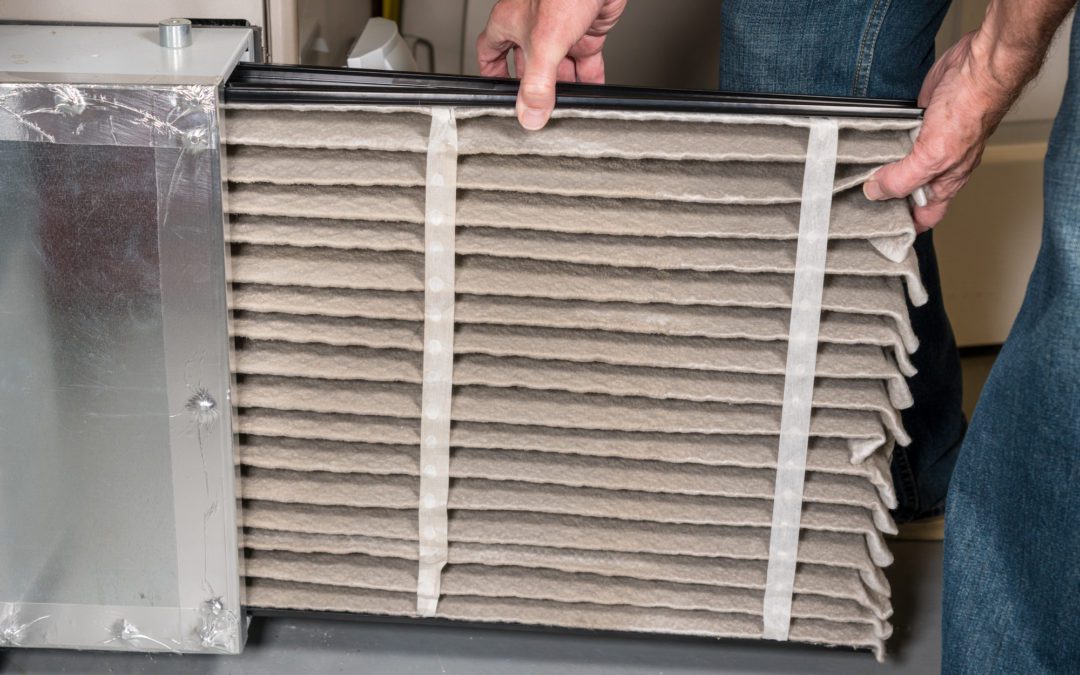Persevering through winter is never easy but fortunately, hot summer days are on their way. Even though we’re grateful for the change in season, it does mean that homeowners around the country will be maximizing their air conditioning to cool down their homes.
There’s no better time than the period between winter and summer to ensure your HVAC system is operating at total capacity and equipped for summer energy savings. Since heating and cooling costs account for almost half of a household’s energy bill, it’s advisable to follow some of these tips to increase your savings.
Evaluate Your Current System
Consider the effort your HVAC must put in to cool your home during summer and schedule an appointment with a professional to ensure your system is ready for the extra work. The technician can advise you if your system is old and less efficient than contemporary options. Generally, if you’ve had a cooling and heating system in place for over ten years, you should consider replacing it.
Think About Energy Efficiency
With constant development in HVAC technology, its focus on energy efficiency has increased over recent times. We recommend that you investigate Energy Star® products and other similar units that will reduce your energy bill by ten to 15 percent.
Clear the Space Near the Unit
We love summer but so do weeds and other vegetation. They thrive and grow wildly during these months, which poses a problem to the HVAC outdoor unit. Since the unit is responsible for drawing in fresh air from the outside, it’s path must be clear of any obstructions. Ensure you pull out any weeds and remove other obstacles around the outdoor unit.
Change the Filters and Clean the Coils
A dirty filter results in an air conditioning unit drawing ten to 15 percent more energy which is why it’s best to change them once a month during summer. Obstructions cause your aircon to work harder than it should be, thus consuming more energy.
With the air conditioner turned off at the thermostat, you can wash down the coils on the outdoor unit with a garden hose. Should the coil be dirtier than expected, spray on a mild cleanser and allow it to sit for ten minutes before hosing it down. Follow a similar process for the evaporator coils but mix warm water with a gentle cleanser and spray it onto the coil. After five minutes, wipe away the dirt with a soft cloth.
Seal Heating and Cooling Ducts and Open Spaces
One of the bad practices of using air conditioning is allowing the cooled air to escape the room. As a result, your unit works twice as hard to create sufficient cooling. Always seal your doors and windows to prevent the conditioned air from escaping. You’ll increase your summer energy savings when you reduce the amount of air that escapes your home.
Keep the Heat Out
The easiest method of keeping your indoors cool during summer is to prevent too much sunlight from entering your interior. Close your blinds and shades to restrict warm air from heating your home. Your HVAC system operates easier when it doesn’t have to compensate for the warmth of the sunlight piercing through your windows.
Furthermore, you should consider plants and trees on the outdoors to act as a shield from the sun. Without shade, sunlight has direct access to your home and heats the interior. Providing some shade on the outside will deflect the sun’s rays assisting your air conditioning unit in operating efficiently.
The Thermostat
Every time you set the thermostat colder than the desired temperature, it causes the air conditioning unit to work harder and longer, thus drawing more energy. You should set it at an ideal temperature to be 78 degrees-Fahrenheit or higher. Every time you raise the temperature by two degrees, you save around ten to 15 percent on your energy bill.
Other Practical Solutions
Apart from dealing with your HVAC unit directly, there are other avenues to pursue to reduce your energy bill in the summer. Try to use appliances that emit heat during the coldest times of the day. You should use your stove, washing machine, dishwasher, dryer, and oven in the morning or late evening as far as possible.
Preparing cold meals reduces the need for the stove or oven. Put your microwave to good use as it uses less electricity than a conventional oven or enjoy the outdoors and put your grill to work.
Conclusion
A combination of all these tips will result in summer energy savings and reduced reliance on your HVAC system. Ultimately, you want indoor conditions to remain optimal, but depending on your air conditioner as the sole source of cooling down in summer will naturally increase your energy bill. Hence it’s imperative to implement other measures to assist your HVAC system during the most demanding time of year.

